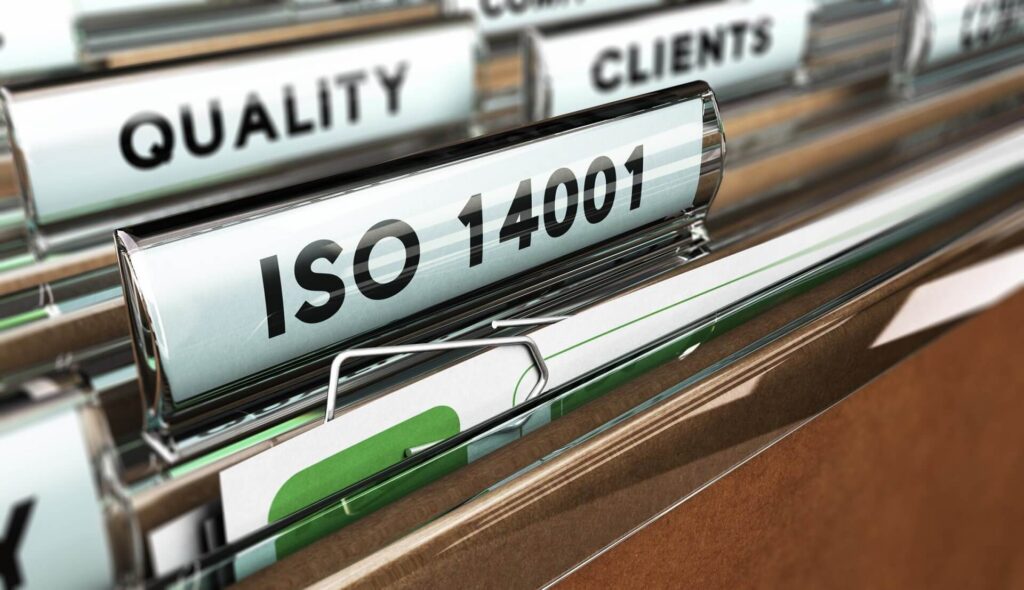Getting ISO 14001 Certified in Miami, Florida (FL)
ISO 14001 is a set of international standards that define the procedures to be followed in companies to develop an environmental strategy. Companies adopting an environmental impact management plan are regulated and will be certified as “ISO 14001” if they meet the criteria set out in the norm. ISO 14001 certification provides a quality guarantee within the organizations’ environmental management systems in the CSR world. It is known that when an organization is certified it has proper procedures in place to measure, reduce, and manage its environmental impacts.
ISO 14001 – A Practical application
Being part of the sustainable management standards set by ISO 14000, it acts as a rigorously planned specification that can be easily accredited by every type of establishment. By assimilating the ISO 14001 with a few of the other management scheme principles, such as ISO 45001 and ISO 9001, an organization’s concern can easily achieve its organizational objectives.
An EMS or environmental management program is specifically defined or identified by the International Organization for Standardization as a function of a system of management that can also be used to address environmental issues, fulfill obligations and address opportunities and threats. The standard ISO 14001 approach can be implemented using a PDCA technique to ensure quality improvement.

What are the latest changes?
ISO 14001 – version 2015 is currently being followed around the globe. To meet the environmental standards and policies specified, all businesses and other organizations can use this with the intention of enhancing, creating, maintaining, or building a robust and relevant environment protection program. The basic ISO 14001 standards should apply seamlessly to all forms of environmental protection programs. The different factors that define the extent that these regulations include the business or sector for which the undertaking belongs; the undertaking ‘s position; environmental policy; and its services and goods provided. The great thing about this ISO is that it’s totally relevant for all organization types, regardless of location, size, industry, or industry.
ISO 14001 provides multiple opportunities from a business perspective. This is a gateway to reaching certain markets and winning and/or keeping contracts as it gradually becomes an essential industry practice, in particular for public markets and for large European organizations and businesses.
On the other hand, ISO 14001 is an essential management system that aims to reduce costs on several things, such as energy bills, pollution prevention, raw materials, logistics, etc. As a result, companies developing an environmental protection program that uses the principles of ISO 14001 will save money on those products. Nonetheless, the introduction of ISO 14001 also has the ability to enhance workplace participation leadership processes and thus raise the likelihood of collaboration and organizational growth within the goods or services themselves.
Consequently, the requirements of ISO 14001 appear to be beneficial for firms, rendering businesses more productive and growing their financial performance. It also allows businesses to become more environmentally conscious from a particular point of view.
This standard allows you to:
- Demonstrate conformity with current and potential legislative and regulatory standards
- Increase corporate leadership participation
- Enhance customer trust and stakeholder value by a successful cooperation
- Maintain aggressive company goals with project operations

